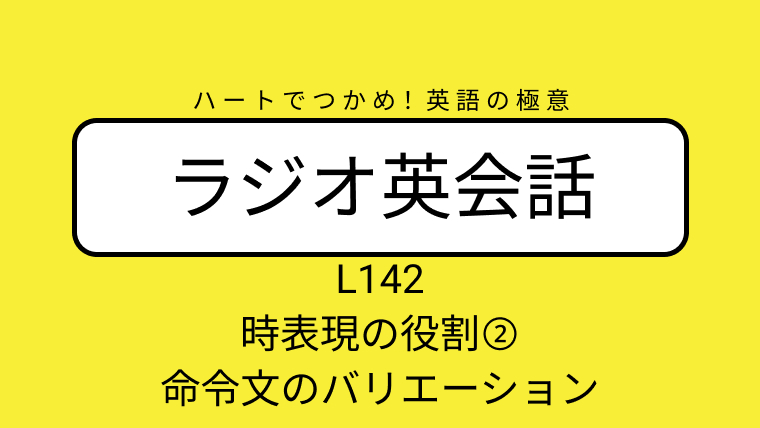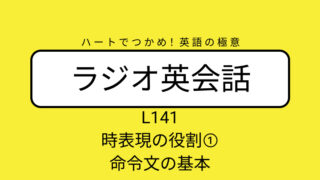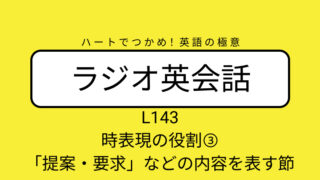NHKラジオ英会話のディクテーション「時表現の役割② 命令文のバリエーション」L142 2024/11/5

ディクテーション
講師陣の英会話を書きとり(スクリプト)
大西先生、デイビッドさん、ろーざさんの英会話部分を書きとってみましょう!(大西先生のギャグもできるだけ書きとります。)
Opening
Ohnishi: なんか苦手な単語があったんだよなぁ、何だったっけなぁ・・・♫君たち女の子、ぼくたち男の子、ヘ・・・あ、ヘイだ。
ラジオ英会話、ハートでつかめ英語の極意、講師の大西泰斗です。
Roza: Hey everyone. This is Akino Roza. I think it was a mistake to have Ohnishi-Sensei do with opening today.
David: Hey hey hey, he nice, and I'm David Evans.
Ohnishi: それでは、さっそく始めていきましょう。
Practice 8:55
Roza: OK guys, today we are doing 命令文 again. I want you to keep in mind the strong feeling when you practice, especially for the sentences that use "don't" and also for the ones that use "do". All right, so repeat after us.
David: That's right everyone. Here we go.
Roza:
- Don't ever do it again.
- Never do it again.
David: All right, let's keep going.
- Don't you do it!
- Don't you ever come back.
Let's go one more time.
- Don't you ever come back.
Roza: OK, now let's practice the "you".
- You, stay where you are!
David: All right, and now let's put flip it with some "do", OK?
- Do visit us more often.
And here is one more.
- Do be more careful.
David: Unlock your potential.
Roza: Repetition is the key.
Both: Great work.
flip it with ~ だったようです。You ~ を Do ~ に変えてみる、という感じでしょうか?
Grammar in Action
気が向いたときに・・・これはディクテーションじゃなくて、自分の答えです。
Don't believe this rumors. I don't have a plan to leave this band.
まぁこんなところかなー
Do have a lunch here. I want to catch up on old times.
Do stay for lunch かー。
Don't mix up these two cleaners. It's very dangerous. Understand?
Never ~ の方がよかったか
Ending
Ohnishi: Hum, the example sentence was "Do stay for lunch", but I'd rather stay for dinner.
David: Oh, speaking of which with sensei, would you like to come over for dinner?
Ohnishi: Off course.
Roza: David, never makes Ohnishi-Sensei with dinner, it's extremely dangerous, got it?
David: Ah ha ha, my bad.
Ohnishi: というわけで、今日はこの辺で。
All: Bye.
speaking of which で「そういえば」という意味があるんですね。
~ ディクテーションした内容やその解釈などに、聞き間違いや認識違いがある可能性はあります。ご了承ください


